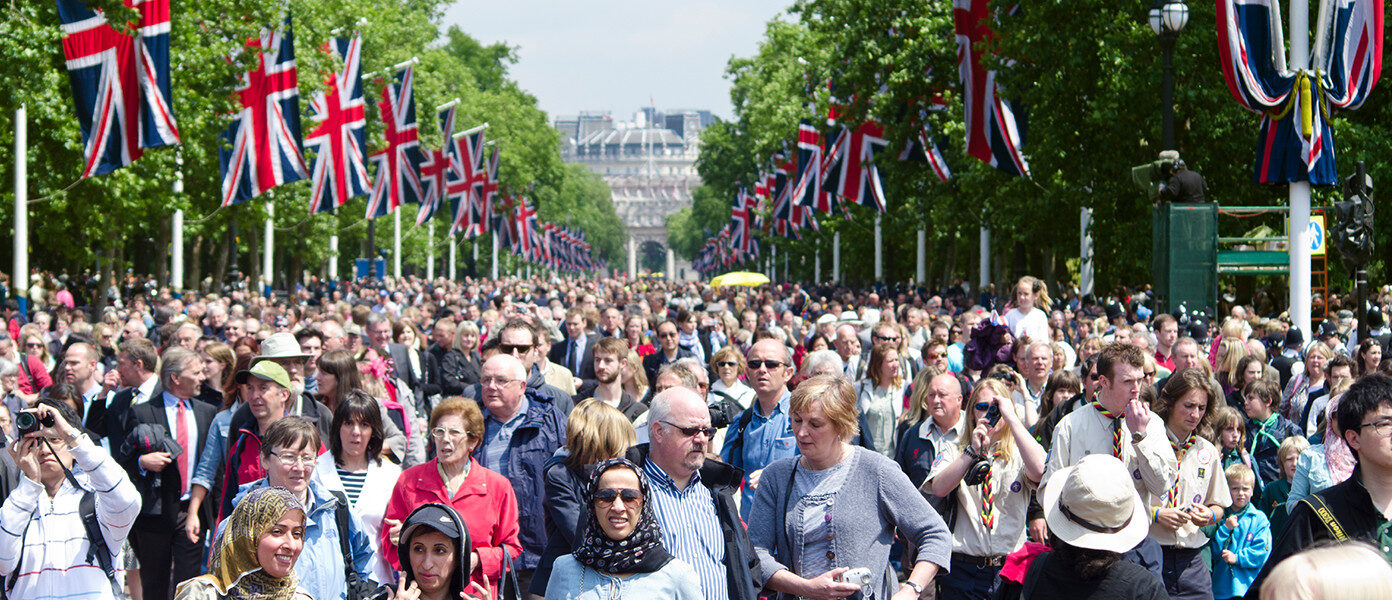Brexit: what the polls say


Since the news that the UK will hold a referendum on its European Union (EU) membership was announced, markets around the world have been keeping an eye on the latest polls to see which way public opinion is swaying – to remain, or leave.
Online polls continue to show a very close result, with research agency YouGov reporting 37 per cent in favour of ‘remain’ and 38 per cent voting to ‘leave’, while 25 per cent of respondents say they don’t know or will not vote.
But the most recent telephone poll (by ComRes) reports 51 per cent in favour of ‘remain’, against 39 per cent supporting ‘leave’.
Telephone polls were better at predicting the results of the UK’s general election and Scottish referendum in 2015, so it is probably worth paying attention to what they say about the Brexit vote.
Belief that Brexit is economically risky may be underpinning the lead for the ‘remain’ vote
The economy was cited as the most important factor in determining how people would vote
Face-to-face surveys are regarded as among the most accurate in predicting voting outcomes. The British Social Attitudes survey, carried out between July and November 2015, found that despite strong dissatisfaction with the EU, 60 per cent of people thought that the UK should remain in the bloc, while only 30 per cent believed the UK should leave.
The economy was cited as the most important factor in determining how people would vote, with 40 per cent believing the UK would be worse off outside the EU and only 24 per cent believing that the UK would be better off.
In the coming months, sentiment may be subject to factors only loosely related to the core arguments for/against EU membership, such as the health of the economy and potential shock headlines on migration or terrorism.
Notable events between now and 23 June – the date of the vote – which may have a bearing on the referendum include elections to devolved parliaments in Scotland, Wales and Northern Ireland and for London’s mayor, as well as elections in many local authorities in England (5 May).
Until then, all eyes are on the surveys and polls to gauge which way the UK population will vote.
Important disclosures regarding Standard Chartered Global Research content can be found in the Global Research Terms & Conditions